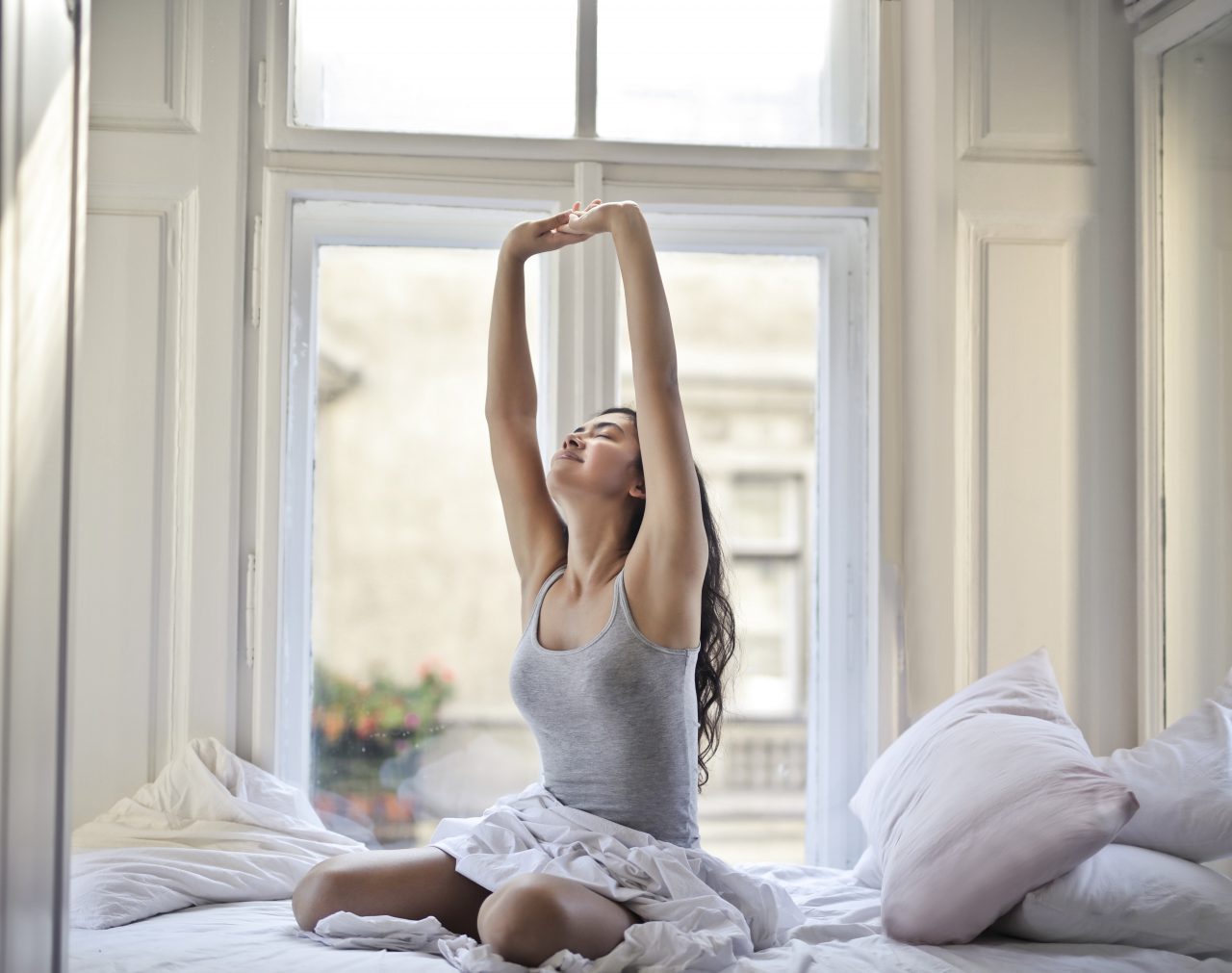
Sleep is one of the most important factors you should consider in your wellness journey. Here’s why.
“Sleep is the golden chain that ties health and our bodies together.” — Thomas Dekker
With the imminent arrival of my third child (4th if you count my fur baby, which I definitely doJ) I thought it would be an apt time to discuss sleep and its importance in, well just about everything.
We spend a third of our lives asleep and in this era of motivational quotes and influencers it is easy to get caught up in the idea that we can sacrifice sleep in order to succeed. I have heard Arnold Schwarzenegger say you need to, “sleep faster,” when questioned about how to fit more into the day. I love Arnie but he’s wrong.
There are between 1-3% of the population that can indeed sleep “faster” and operate on vastly reduced sums of sleep with no side effects. But for most of us 7-9hrs is a must.
In one study 2 groups were observed on a calorie restricted diet; one with adequate sleep and one that had only 5hours a night, (I hear you parents out there saying, “I’d love 5 hours a night!” Well, this then is even more pertinent to your wellness journey.
The 2 groups lost the same amount of weight, as they were all on the same calorie restriction. However, the sleep-deprived group lost significantly more muscle mass. This is not only bad for the bros looking to get swole but, for anyone on a weight loss journey, this would impact your metabolism and likely make keeping the weight off much harder.
Circadian rhythm
Our bodies work on a circadian rhythm, which basically means a 24hour cycle. The sun comes up and we get a hormonal kick-start from our adrenal glands in the form of cortisol. Tthis is a good thing. As the day wears on cortisol should dissipate and another hormone, melatonin, should become more prominent.
While cortisol is the get up and go hormone, melatonin is the go to bed and get to sleep hormone.
One of the main disruptors of melatonin production is over-exposure to light. When it is dark outside and we artificially light up our eyes with indoor lighting, phones, television etc. We tell the body, (via the brain and pineal gland) that it is daytime and we don’t need melatonin production to go to sleep.
So to create good sleep hygiene what do we need to do?
Well you plan out your day; it is time to start planning your night.
Say I have to get up for work at 6am. That means I want to be in bed for around 9.30pm. This would give me 30 mins to wind down and allow for 8hrs in bed.
Another good habit to get into is cutting out caffeine at a reasonable time. I am not very tolerant of caffeine at all so I will only have it in the morning and not every day. Some people fair better and so can have it later. Very few people despite what they claim can have it later than around 4 and not be affected. Caffeine is not a magic pill for more energy; it contains no calories, and so is just helping you spend your budget faster.
Doing a brain dump, where you write out a to do list for the following few days can also be very cathartic. Getting rid of electric items from your bedroom, having the lights dimmed or off, not having any screen time an hour before bed and watching your alcohol consumption are all other areas that you should look to do in order to optimise this important area on your wellness journey.
Everyone I meet would like to improve performance, recovery, sex drive, weight loss, cognitive function, and I frequently get asked about supplements to boost these. The best, hands down, is sleep and you get all of the above improvements without spending a penny.
“No day is so bad it can’t be fixed with a nap.” — Carrie Snow



